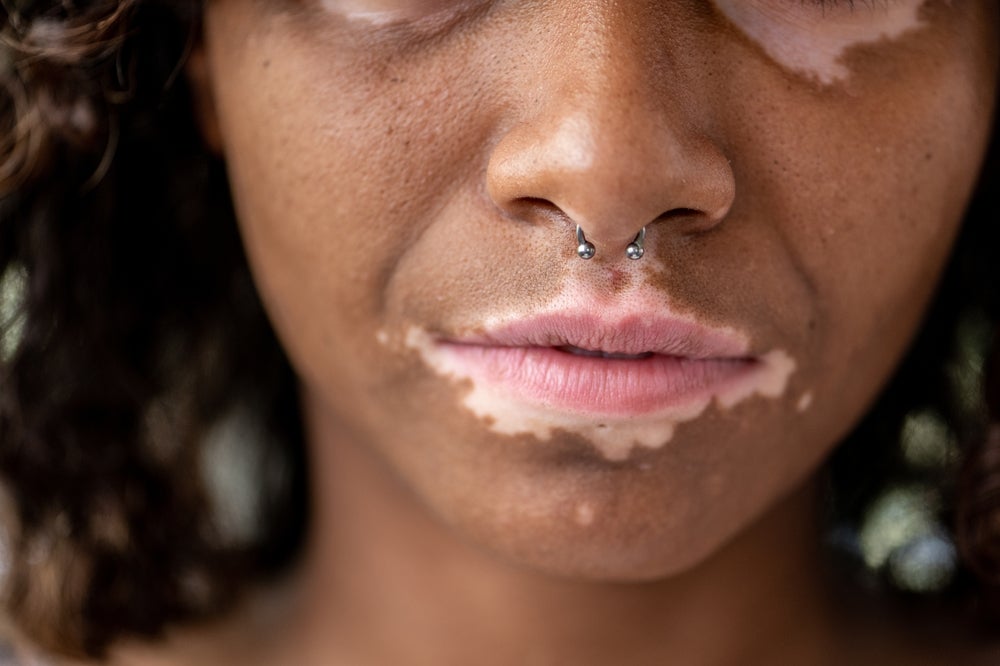
Patients in the UK with non-segmental vitiligo will soon have access to a cream to help with repigmentation, following marketing authorisation by the Medicines and Healthcare Products Regulatory Agency (MHRA).
US-based Incyte Biosciences’ Opzelura (ruxolitinib) is already available as a prescription cream for the autoimmune condition in America and Europe following respective US Food and Drug Administration (FDA) and European Commission (EC) approvals. According to Incyte, Opzelura is the first approved treatment in the UK to treat repigmentation in non-segmental vitiligo.

Discover B2B Marketing That Performs
Combine business intelligence and editorial excellence to reach engaged professionals across 36 leading media platforms.
Opzelura will be available to patients over 12 years of age with facial involvement non-segmental vitiligo. Data from two pivotal Phase III trials (NCT04052425 and NCT04057573) demonstrating that the cream improved facial and body regimentation was used to support the approval.
In both studies, after 24 weeks, 29.8% and 30.9% of patients who were treated with the cream achieved the primary endpoint of more than a 75% improvement in facial Vitiligo Area Scoring Index compared to 7.4% and 11.4% in the control groups, from baseline. After a year, half of the Opzelura-treated patients had achieved the primary endpoint.
Vitiligo occurs due to the immune system destroying melanocytes, which produce pigmentation. Opzelura works by blocking the enzymes Janus kinase (JAK) 1 and 2. These enzymes are important in melanocyte destruction via their activity on interferon-gamma (IFN-gamma). Blocking of these enzymes reduces the immune system’s ability to attack melanocytes, allowing pigment to be produced again.
Dr Viktoria Eleftheriadou, consultant dermatologist and lead for Vitiligo Clinic and Research, Walsall Healthcare NHS Trust and The Royal Wolverhampton NHS Trust, said: “Today’s MHRA approval is welcome news for dermatologists and people with vitiligo seeking treatment who until now have had limited options.”

US Tariffs are shifting - will you react or anticipate?
Don’t let policy changes catch you off guard. Stay proactive with real-time data and expert analysis.
By GlobalData“The data supporting this approval demonstrate the potential for ruxolitinib cream to make a difference in the lives of people living with this condition.”
Beyond mild effects such as colds, headaches, and fevers, Opzelura can also lead to serious side effects like serious infections, thrombosis, malignancy, and major adverse cardiovascular events, as per its label. Risk of mortality is also increased in some patients with underlying conditions. Serious lower respiratory tract infections were reported in the cream’s clinical development programme.


